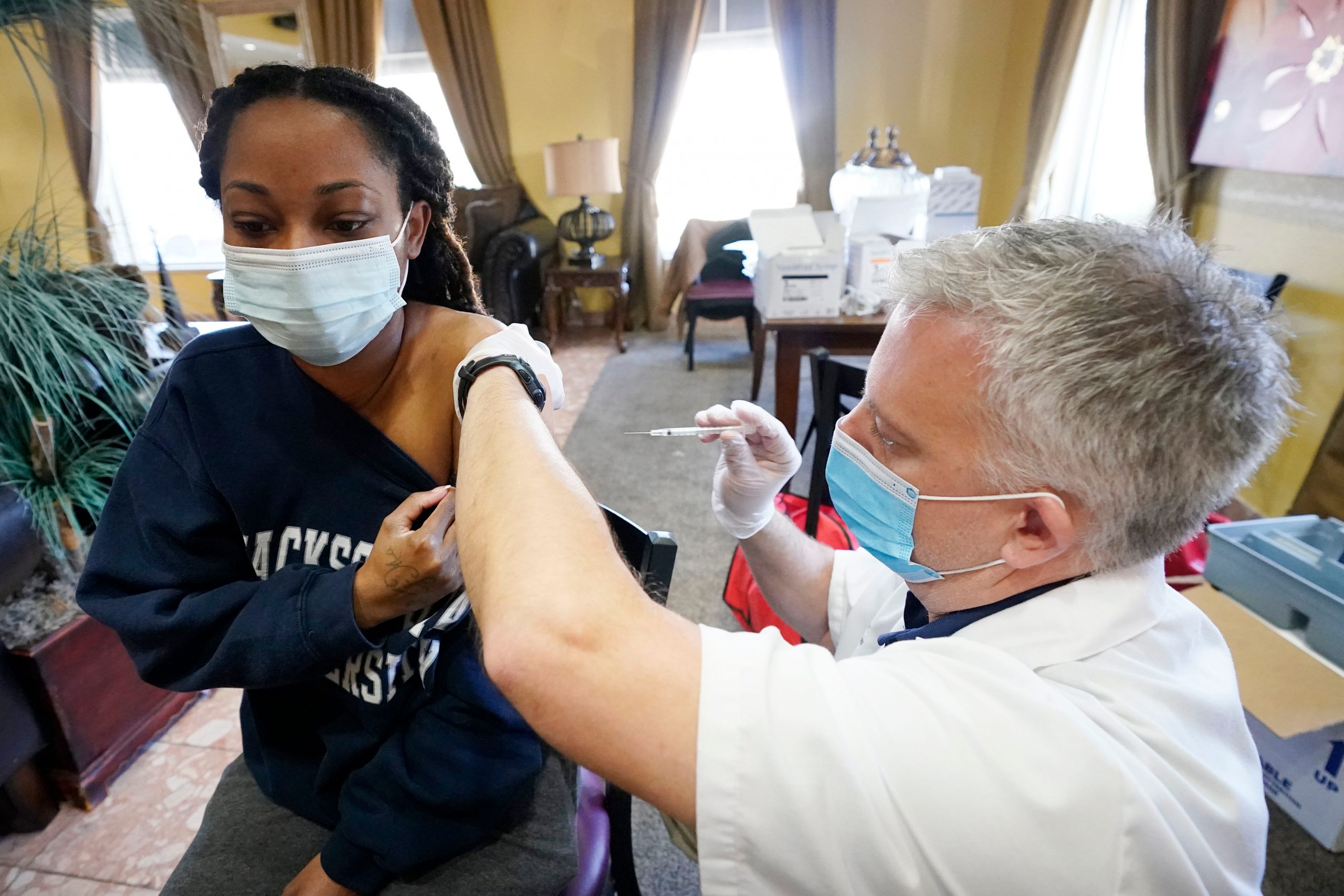With the Delta
variant driving COVID-19 surges across the world, potential COVID-19 booster
shots have made the news. Interest around booster shots began to develop
following reports of breakthrough infections among vaccinated individuals.
Then, in a
surprise announcement, Pfizer-BioNTech said that it plans to seek authorisation
for a booster shot over the next few weeks, citing the possibility that
protection against coronavirus will wane six to 12 months after full immunization
with the current two-shot regimen.
Also Read | Why kids need their own clinical trial for a COVID-19 vaccine?
But Pfizer’s talk
of booster shots has been dismissed as premature by US government agencies and
vaccine experts, according to the New York Times.
In a statement on
July 8, the Food and Drug Administration (FDA) said: “FDA, CDC (Centers for
Disease Control) and NIH (National Institutes of Health) are engaged in a science-based,
rigorous process to consider whether or when a booster shot might be necessary.”
Also Read | Facebook says it is not responsible for US missing vaccine targets
So, is a booster
shot in our future? Here’s what we know so far:
What triggered
the booster shot debate?
The spread of the
Delta variant of the novel coronavirus leading to surge in infections among
countries with good vaccination rates first brought the subject to light.
Vaccine companies, however, have been studying the potential for a booster shot
which may prove useful if and when protection obtained from the two-dose
regimen wanes.
Why is Pfizer
talking about booster shots?
Pfizer-BioNTech cited
recent data from Israel’s Ministry of Health announcing that although the
vaccine remains above 93% effective at preventing serious illness and hospitalization,
the vaccine is about 64% effective at stopping breakthrough infections that
occur in those who are fully vaccinated. This figure is down from 95% in May,
before the Delta variant became widespread.
What do public
health experts say?
Several public
health experts have come down heavily on Pfizer for its announcement, calling
it “opportunistic” and “irresponsible”, reports the New York Times. “Pfizer
doesn’t get to decide when we need boosters; the FDA, CDC and other regulatory
agencies do that, said Dr Carlos Del Rio, an infectious disease expert at Emory
University to NYT.
Are any
countries already giving booster doses?
Israeli health
officials announced in July that they would provide a third dose of the
Pfizer-BioNTech vaccine to people with weaker immune systems, including people with
immune-related conditions such as HIV and those undergoing chemotherapy. . According to a
report by ANI, China too is considering a booster shot.
Will the
booster dose be another dose of the same vaccine?
Both
Pfizer-BioNTech and Moderna are studying different versions of their vaccines
as a possible third dose, while Johnson & Johnson is studying the effects
of a second dose of its existing vaccine, The Times reported.







